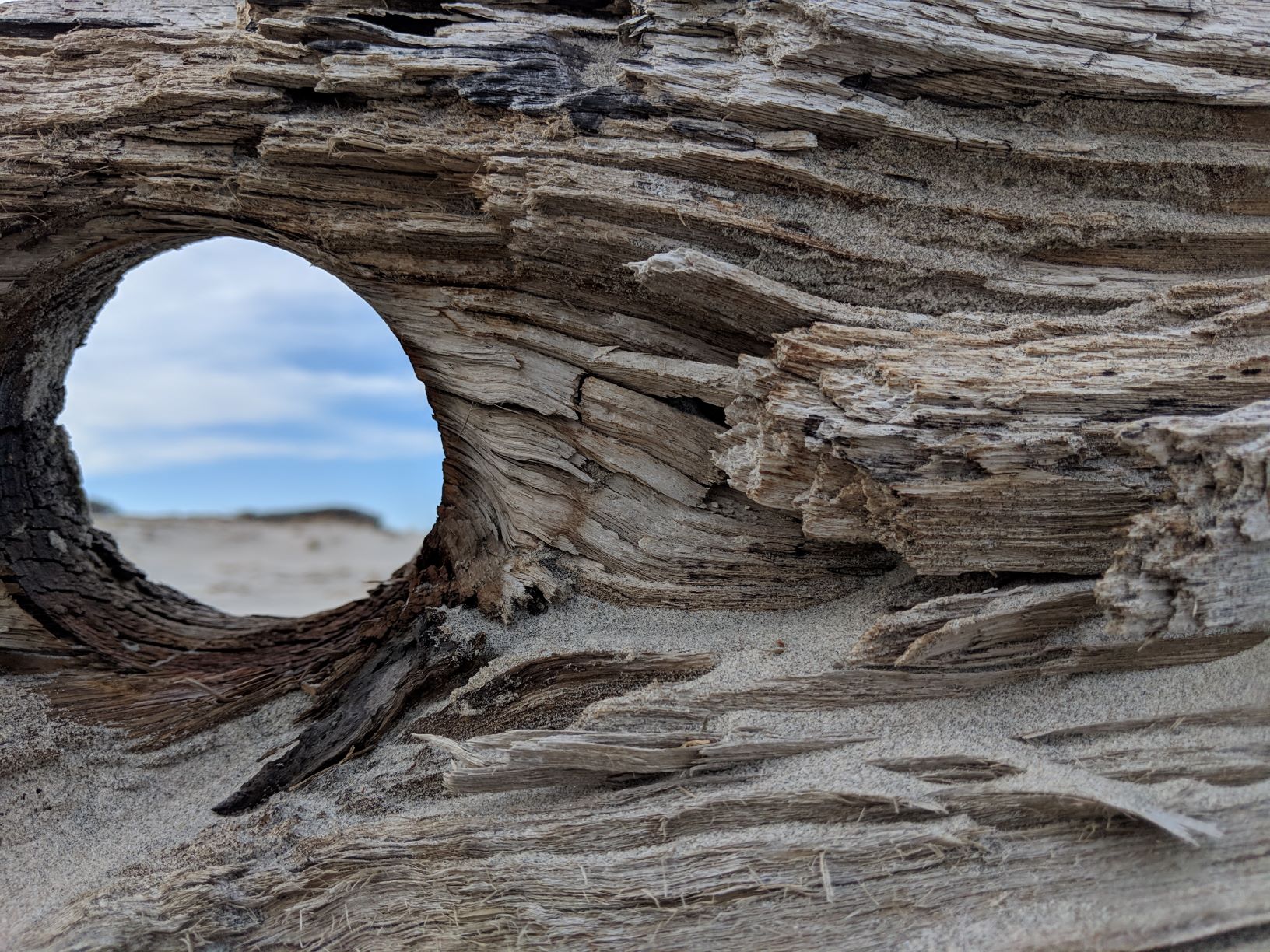“People pay for what they do,and still more for what they have allowed themselves to become. And they pay for it very simply; by the lives they lead.”James Baldwin

In the end, it’s the ground that will save us, if we are, or even want, to be saved.
We’re of the mud, of the air, of the water, of the sun. We diminish the folks before us on this once fine land when we “honor” these as metaphors.
We diminish our ancestors from our homelands who spoke of the spirits and the blurring of the lines between the living and the dead as autumn darkness presses on our souls.

Cliffs of Moher, County Clare (Aaron Logan via Wikimedia)
These are not simply metaphors or myths or models. They are ways to understand the world, the world beyond the digital.
You cannot grasp a fistful of earth through a screen.
Our hands were made for more than pushing keys.
We are stripping the souls from our children.
We become who we deserve to become.
But we should let our children decide whether a soul is worth keeping.
Winter is coming, again.




